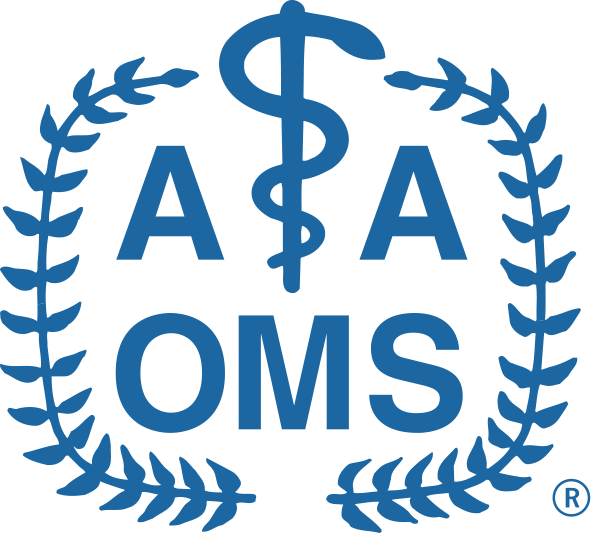ROSEMONT, Ill. – Osteoporosis patients who suffer drug side effects that result in painful exposed bone in the jaw could benefit if they are treated with one of the more comprehensive surgical options that could lower the risk of relapse and repeat surgery, according to a study published in the July issue of the Journal of Oral and Maxillofacial Surgery.
An adverse effect of bisphosphonates, a class of drugs administered orally or by IV to treat bone loss, as well as other drugs, is MRONJ – clinically known as medication-related osteonecrosis of the jaw. Symptoms of MRONJ – usually identified by painful exposed jaw bone in the mouth – include inflamed and non-healing oral tissues and loosening of teeth.
Many cancer patients take these drugs – and some develop MRONJ – during their treatments, but this new 12-year retrospective cohort study at the Department of Oral and Maxillofacial Surgery at Seoul National University Dental Hospital focused on patients taking the drugs for osteoporosis, the most common reason Americans take these drugs.
From 2004 to 2016, the hospital saw 325 patients who met the criteria. Of those, about 97 percent were women, with an average age of 75. Researchers analyzed the patient sample to determine which type of surgical procedure produced better treatment outcomes for osteoporosis patients who develop MRONJ.
While acknowledging that treatments should be as conservative as possible, the authors concluded in the official journal of the American Association of Oral and Maxillofacial Surgeons (AAOMS) that patients treated with a less comprehensive surgical procedure suffered higher rates of relapse than those who underwent more extensive surgical options.
Treatments for MRONJ range from the less expansive removal of superficial inflammatory soft tissue and necrotic bone (curettage) to the broader methods of removing infected pieces of the bone (sequestrectomy), removing adjacent bone and its formation of a saucer-like depression (saucerization) or re-sectioning and reconstructing the jaw bone (mandibulectomy).
“The goal of surgical treatment of patients with MRONJ should be prevention of relapse after surgery,” the authors said. “In our study, a more extensive surgical procedure than curettage produced better surgical outcomes in terms of a lower incidence of relapse and repeat surgery. It appears that an extensive surgical procedure has a better prognosis than less extensive treatment.”
Considering the greater risk of recurrence after surgery, the authors also recommend that more frequent and careful follow-up with oral and maxillofacial surgeons – especially immediately after the procedure – might be advisable.
“Although most recurrences develop soon after the surgical treatment of MRONJ, all healthcare providers should remember that recurrence can also develop long after the surgery,” the authors said.
The lead authors of “Extensive Surgical Procedures Result in Better Treatment Outcomes for Bisphosphonate-Related Osteonecrosis of the Jaw in Patients with Osteoporosis” are Hui Young Kim, DDS, and Shin-Jae Lee, DDS, PhD, MS.
The full article can be accessed at www.JOMS.org/article/S0278-2391(16)31283-6/fulltext.
________________
The Journal of Oral and Maxillofacial Surgery is published by the American Association of Oral and Maxillofacial Surgeons to present to the dental and medical communities comprehensive coverage of new techniques, important developments and innovative ideas in oral and maxillofacial surgery. Practice-applicable articles help develop the methods used to handle dentoalveolar surgery, facial injuries and deformities, TMJ disorders, oral and head and neck cancer, jaw reconstruction, anesthesia and analgesia. The journal also includes specifics on new instruments and diagnostic equipment, and modern therapeutic drugs and devices.
# # #
CONTACT: Jolene Kremer, Associate Executive Director, Communications & Publications, American Association of Oral and Maxillofacial Surgeons, 847-233-4336.


